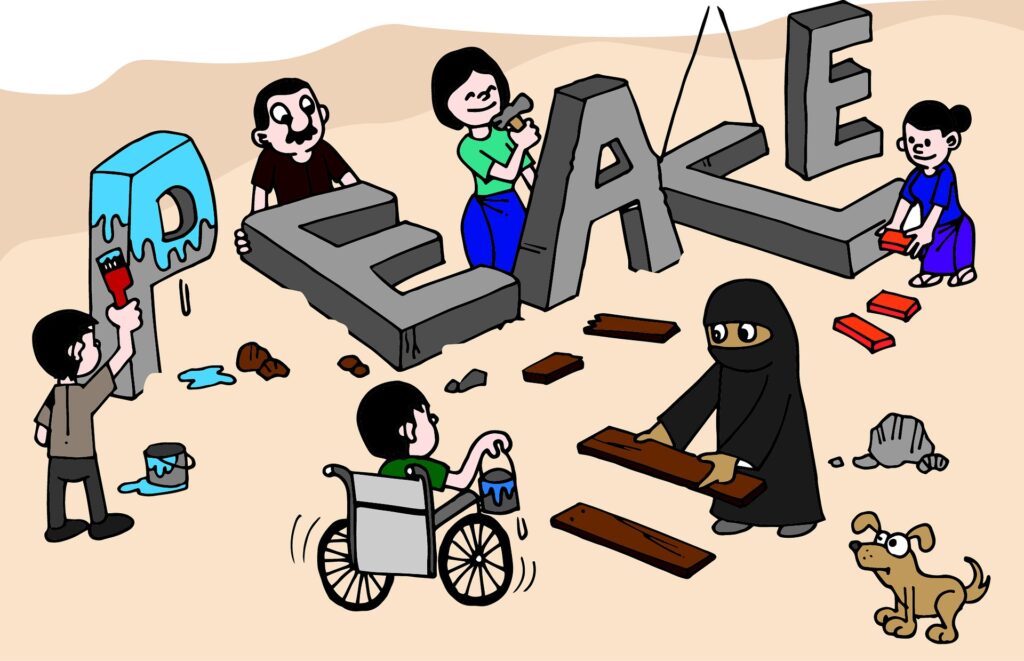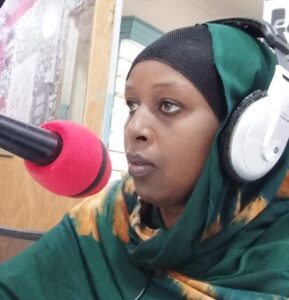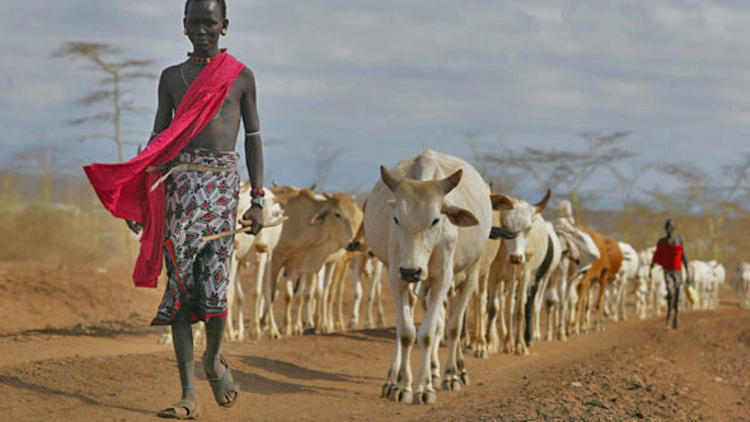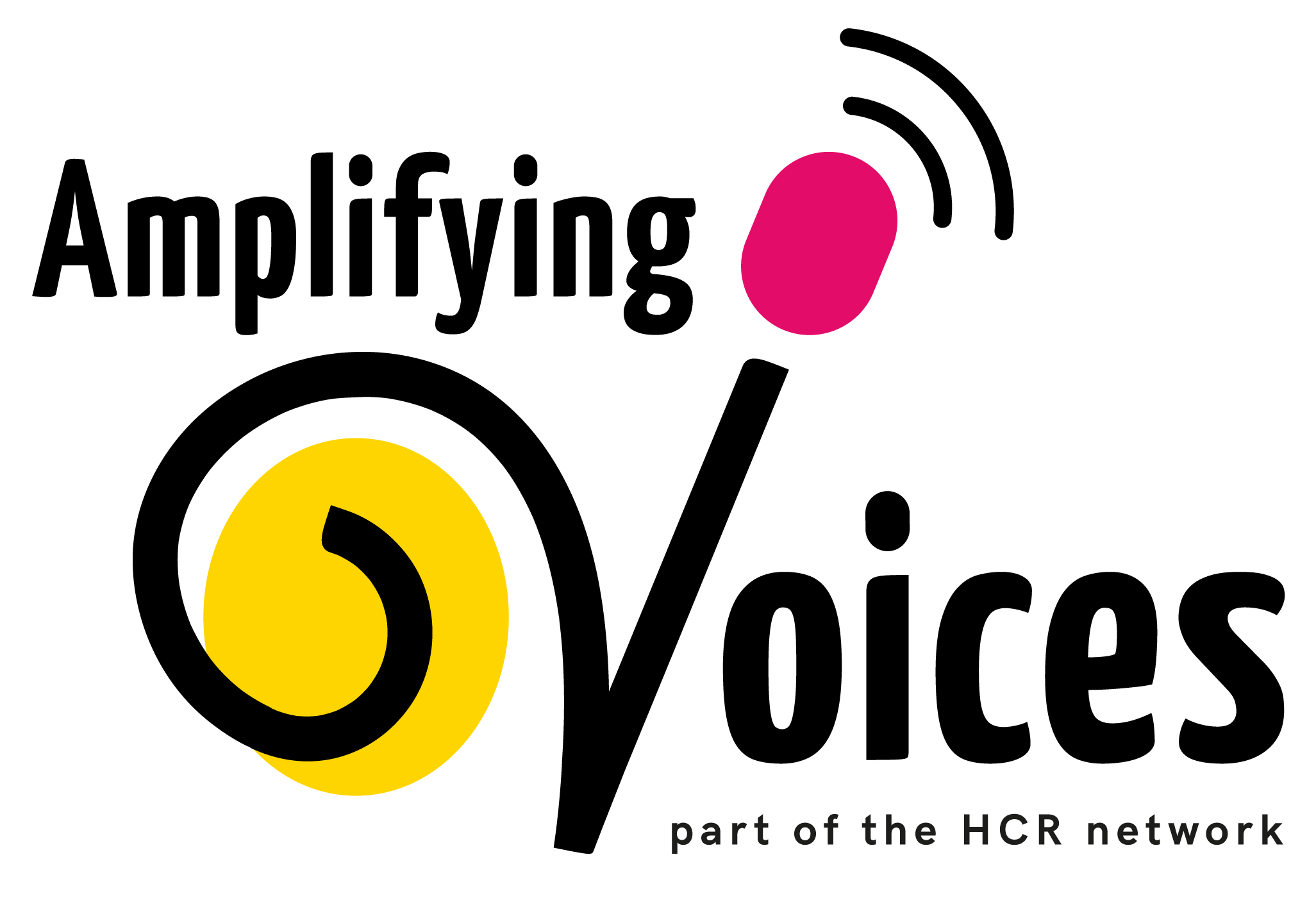
Building peace in an ever-fractious world
“Love your enemies! Do good to them.” ~ Jesus
“If you want to make peace with your enemy, you have to work with your enemy. Then he becomes your partner.” ~Nelson Mandela
I have been deeply troubled to see the terrible loss of life that has happened in Israel and Gaza in recent days, as violence provokes more violence, with no peaceful end in sight to what seems the world’s most intractable conflict.
All too often these days it seems our media are awash with news of an assault by this or that group against another, often driven by some flawed ideology, misguided zealotry, or ultranationalism.

Fatma Mzee is the Operations Director of the Amani Centre in Tana River
Media, especially social media, often pour fuel on the raging fire and before too long you have a conflagration. It concerns me greatly!
However I am also greatly heartened when so often, acts of savagery and brutality result in a surge of love and kindness, as people rise to help the victims of violence or vendettas and people open their homes to refugees and outcasts. As usual when systems and processes fail us, we tap into our own resources, and friendships. It’s what strong communities do. Growing up in eastern Kenya, I have seen this happen, in fact it is one of the reasons I became a journalist. I believed media and communication could help communities, especially divided ones, connect better. And it can! I have experienced it first hand in Tana River, in the eastern part of Kenya, where I live.
I was working for Nation Media group after the 2012 massacres in Tana River and it was really bad, there was such hatred especially between the Orma, pastoralist community and Pokomo, land farming community. The place was rife with rumours and misinformation and the situation was tense, as one act of violence provoked reprisals which left many dead and thousands displaced. But rather than dwelling on the past, let me fast forward to today because Tana River is a very different place. Sure there are still many problems, but the divisions that were common then, are hard to find now. Former enemies have now become friends, there is greater understanding and dialogue and people even intermarry across ethnic groups. How did it happen? It would be naive to say there was one reason, but I have no doubt that one of the main influences has been Vox Radio, formerly Amani (which means peace) FM. Set up as a collaborative venture between the Amani Centre, Sentinel Project and Amplifying Voices (formerly HCR) to promote peace, Vox serves as a beacon of hope and a platform for dialogue, amplifying the voices of local communities, allowing them to express themselves and engage in constructive conversations.

Orma pastoralists, Tana River County (Photo credit: Cafod)
Take the case of Yusuf for example. He was a pastoralist and hated the tribe that farmed the land. But through our farming programme ‘Sauti ya Mkulima’ (the Voice of the Farmer), which brought pastoralists and land farmers together to discuss their shared challenges, they discovered they actually had a lot of common ground, not least of all that they were all in fact farmers. Over time, Yusuf, encouraged by his new crop-growing friends, decided that he would try his hand at growing watermelons along the banks of the Tana River. He was so successful that he is now investing in an agri business, while still rearing cattle. Together pastoralists and land-farmers are gradually realising that to overcome the enormous challenges Tana River faces, such as the effects of the climate emergency, they need to find solutions together. It will take time, and patience!
A key to Vox Radio’s success is that we have built a lot of trust. Trust takes a long time to build but just one second to destroy, so we cannot be complacent. But I do believe we are seen as an impartial champion of well-being for all the communities of Tana River. We have done this in several ways:
- By listening – to understand the hopes, aspirations and concerns that people have and providing a space for them to be heard
- By involving all communities – literally moving from one village to another and inviting villages to meet with each other. We have even taken politicians with us, so they see first hand what people are facing and listen to their concerns
- By fact checking and challenging rumours and misinformation head on
- Through excellent radio programmes that engage the communities – talk shows, ‘phone-ins, dramas and programmes that hold the political classes to account
- By helping the communities to find common ground, rather than focus on their differences.
- Through sport and other community events – people who have fun together, can reason together.
- By using all media-platforms that support the radio, including social media, posters, banners and campaigns.
I believe that if we want to see sustainable development come to Tana River, it must go hand-in-hand with peace-building. We therefore need development solutions that prevent conflict and extremism and promote peace and security. For that we need to keep the communities at the centre of all that we do and involve them at every stage. We need to promote peaceful narratives and behaviour that strengthens health and mental well-being. And we need to strengthen gender equality so girls have the same opportunities as boys.
I’m convinced that in today’s interconnected world, even in more marginalised regions like Tana River, radio and the internet are emerging as powerful tools for building peace, fostering understanding and promoting unity among diverse communities. I believe that peace is possible! I pray the Israelis and Palestinians will discover this too.
****
Fatma Mzee is Director of the Amani Centre in Tana River and is a guest speaker at this year’s Build Peace Conference in Nairobi
Picture credit: Re-imagining New Communities
